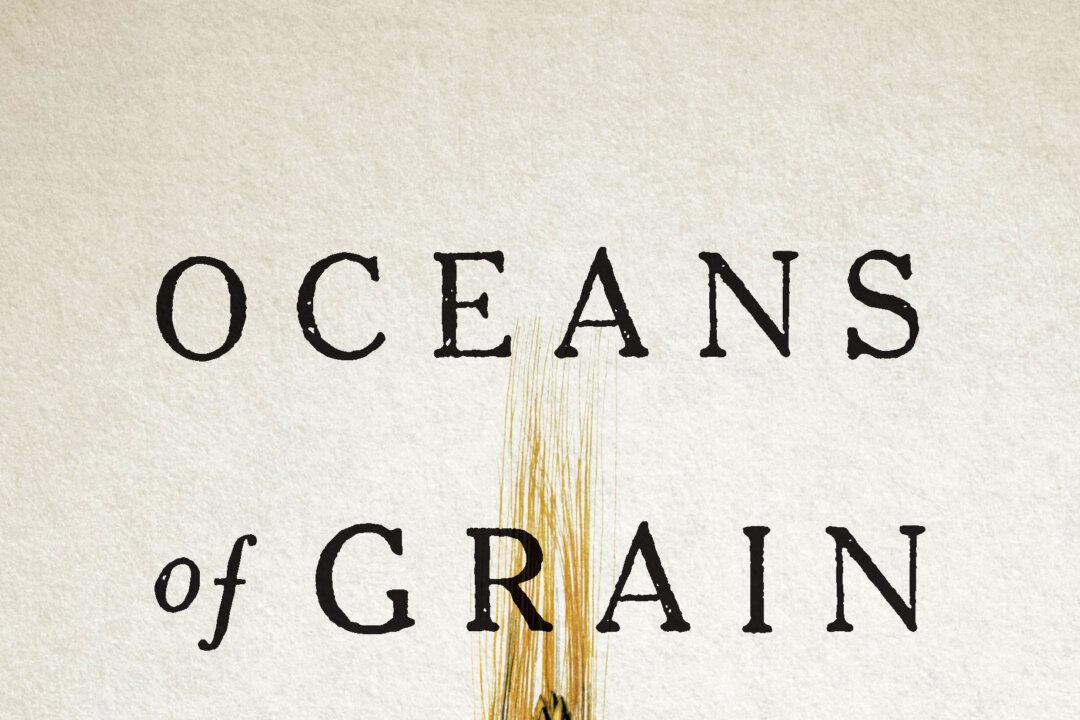Do empires build trade routes or do trade routes build empires? Have the United States and Russia been locked in an economic rivalry since the 1860s? Was World War I triggered by international grain trade and the desire of Russia to control Constantinople?
“Oceans of Grain: How American Wheat Remade the World,” by Scott Reynolds Nelson, examines these questions and much more. It is a study of grain, its trade routes, and the impact grain trading has had throughout history. Bread is the staff of life. Nelson follows it from prehistory to the present.






